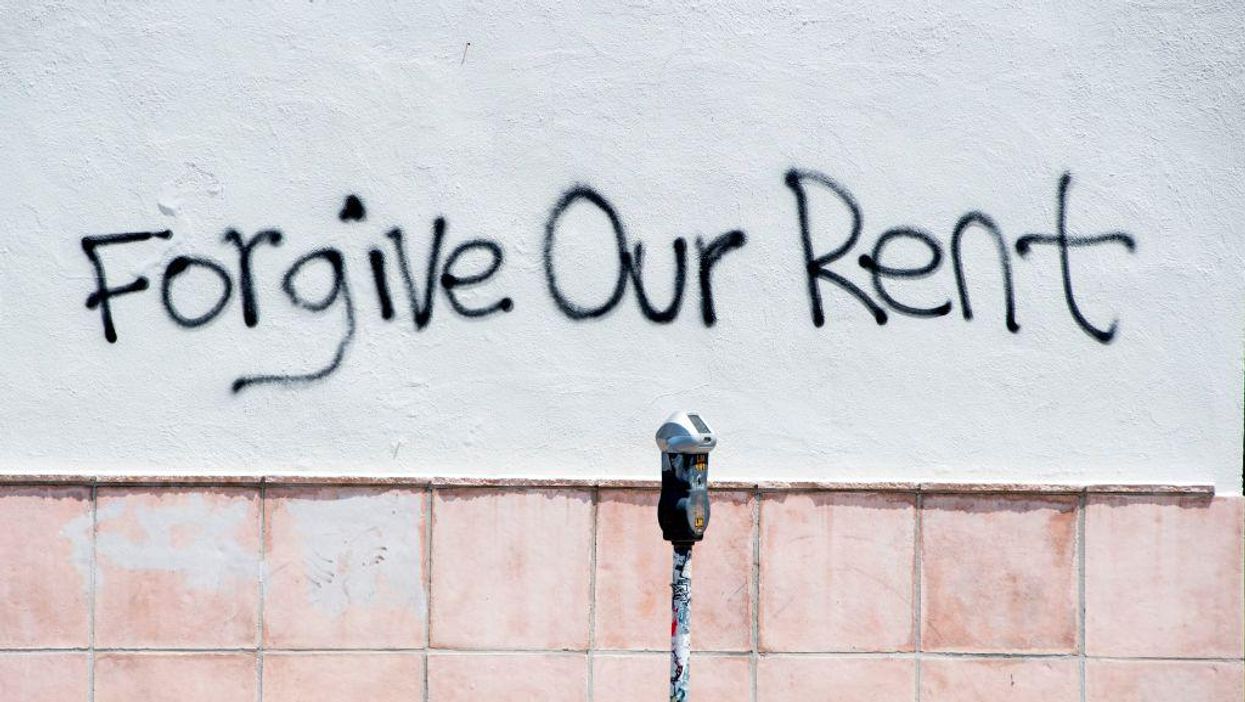
VALERIE MACON/AFP via Getty Images

Taxpayers are bailing out California residents who could not — or did not — pay rent during the COVID-19 pandemic.
When state officials implemented strict lockdown measures as the COVID-19 began in the spring 2020, the dominos began falling. People could not work, which meant they couldn't pay their bills.
To alleviate financial burdens, states enacted eviction moratoriums that permitted tenants to remain in their rental homes and apartments despite being unable to pay rent. But this triggered an even bigger issue: What about landlords who depend on their rental properties to generate revenue in order for them to make ends meet?
California will use billions of dollars in federal money to finance past-due rent payments for Californians who have fallen behind on their rent payments, thereby providing relief for tenets while helping landlords break even, the Associated Press reported.
The AP explained:
California has $5.2 billion to pay off people's rent, money from multiple aid packages approved by Congress. That appears to be more than enough to cover all of the unpaid rent in the state, according to Jason Elliott, senior counselor to Newsom on housing and homelessness.
But the state has been slow to distribute that money, and it's unlikely it can spend it all by June 30. A report from the California Department Housing and Community Development showed that of the $490 million in requests for rental assistance through May 31, just $32 million has been paid. That doesn't include the 12 cities and 10 counties that run their own rental assistance programs.
California received $2.6 billion for the effort in the second COVID-related stimulus in December, and another $2.6 billion in the third stimulus passed this year, KQED-TV reported.
But California officials don't plan to stop there.
Elliott told KQED that Gov. Gavin Newsom (D) also wants to finance past-due utility bills, which would cost at least $2 billion.
"Our most important priority is making sure the significant amount of federal rental assistance we have gets into the pockets of people who are entitled to it, and who need it," Elliott said. "We need to increase the amount of money we're making available to individual renters and landlords."
The federal eviction moratorium is slated to end June 30, as is California's eviction moratorium.
While it's not clear whether federal officials will further extend the policy — despite pressure from progressive lawmakers — California will "likely" extend theirs, the AP noted, but there are disagreements on how long it should last.
Part of the motivation for extending the moratorium? To spend those federal dollars. "An extension of the eviction ban seems likely to give California more time to spend all the money to cover unpaid rent," the AP reported.